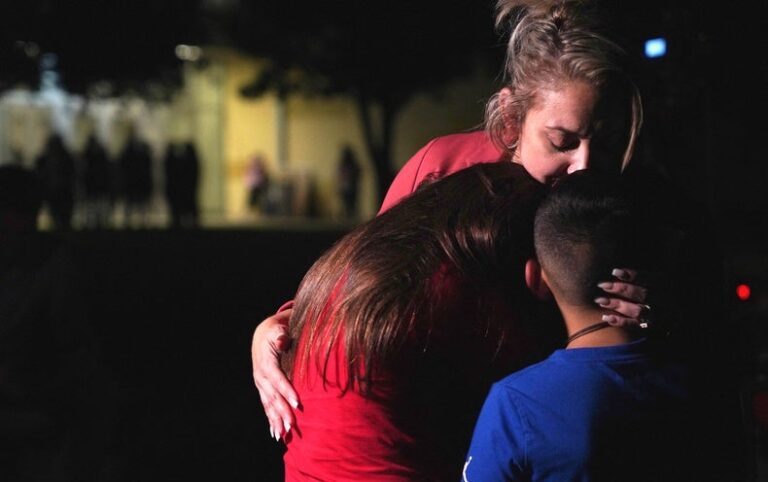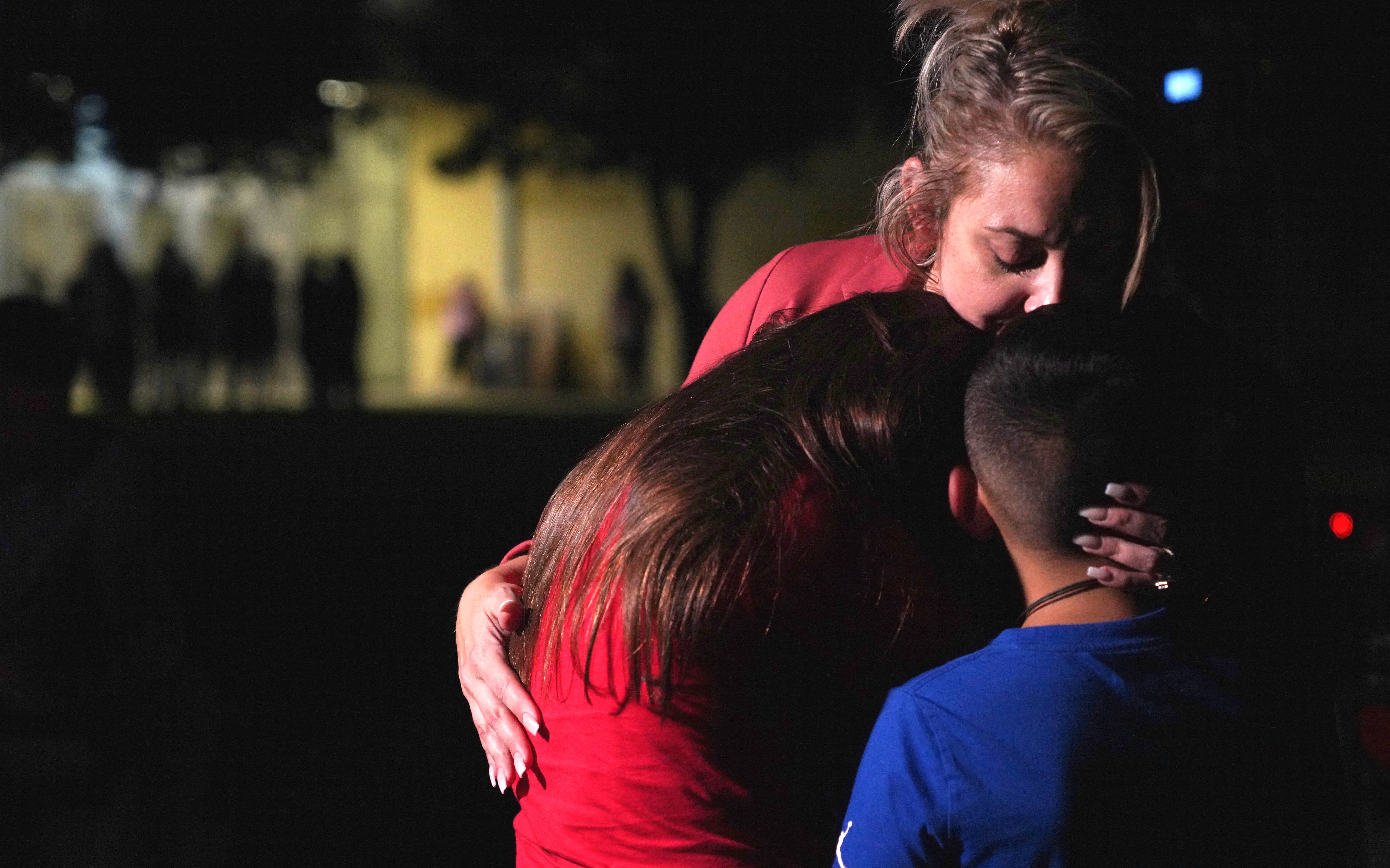
[ad_1]

A shopping mall in Texas, a private school in Tennessee, a bank in Kentucky and a dance studio in California: these are the sites of some of the public mass shootings in the U.S. in 2023 alone, representing just a slice of the presumed safe spaces rocked by these tragedies. As mass shootings in the country have risen, evidence is mounting that they are having a far-reaching mental health impact. A 2019 survey by the American Psychological Association (APA) found that 79 percent of Americans reported stress over the possibility of a mass shooting, and 33 percent said fear of a shooting prevented them from going to certain places.
Now new research published on May 23 in Death Studies finds that at the far end of this continuum are people whose anxiety about mass shootings has become dysfunctional, or almost a phobia. A few key symptoms—such as hypervigilance, changes in appetite and dreams about mass killings—indicate someone might need mental health support, says the study’s author Sherman Lee, a psychologist at Christopher Newport University in Virginia.
“I’m trying to find that line of how much worry is too much worry,” says Lee, whose new research validates a mass shooting anxiety scale that could help screen people for this type of dysfunctional dread.
People have a broad range of responses to mass tragedies, says Roxane Cohen Silver, a psychologist at the University of California, Irvine, who studies the effects of collective trauma and was not involved in the new study. “There are certainly people who go about their day-to-day experiences without thinking about mass shootings at all,” Silver says. Others, she says, change their behavior dramatically, avoiding certain public places or even homeschooling their children.
The fear could be exacerbated by the frequency of false alarms, says Rachel Rizvi, a business intelligence developer in Denver whose oldest child attends high school. Over the course of her child’s freshman year in 2022 and 2023, Rizvi says the school went into full lockdown or closed the campus for security reasons seven times—triggering text messages and e-mail alerts to parents.
“As soon as I get that e-mail, my heart jumps into my throat,” Rizvi says, “because there are no details. You have no idea if it’s happening at your child’s school [or] a school that’s close by. You don’t know if police are on site…. As a parent, you start thinking, ‘Did I see my kid for the last time this morning?’ Doing that for even an hour feels like forever.”
Rizvi says the frequent lockdowns at her child’s school are a factor in her family’s decision to move to a smaller district, where she hopes smaller schools and more personal attention will reduce the danger. “I know it can happen anywhere,” she says, “but I’m just hoping that maybe from a statistical standpoint, the odds are even slightly smaller.”
In the APA survey, parents, in particular, were impacted. Twenty-eight percent of those with kids under the age of 18 reported frequent or constant stress about mass shootings, compared with 16 percent of people without minor children. Sixty-two percent of parents said they worried their child might become a victim. Black and Hispanic adults were also more likely than non-Hispanic white adults to express fears that they or someone they know would become a victim or to report stress over mass shootings.
There are no firm numbers on how many people experience so much stress that they lose the ability to function well in daily life—but there are hints that a subset of people struggle a lot. For instance, in a paper published this month in JMIR Public Health and Surveillance, researchers reported a spike in calls to a mental health crisis line after the 2022 shooting at an elementary school in Uvalde, Tex. There was also an accompanying increase in conversations about firearms and grief.
Lee’s new work suggests that certain symptoms are associated with poor coping. His new screening questionnaire focuses on five symptoms to determine whether anxiety might be affecting a person’s daily functioning. One symptom is appetite change when thinking about mass shooting, indicating high levels of stress and fear, Lee says. Another is a physical response such as sweating or a pounding heart when thinking about these events. Such symptoms indicate that a person’s “fight-or-flight” response is kicking in, putting the body on high alert.
Dreaming about mass shootings and experiencing hypervigilance are two more signs that a person’s mental processes are in “a mode of anxiety,” Lee says. Finally, avoidant behavior—such as staying home for fear of a mass shooting—is another sign. Experiencing these symptoms for several days over a two-week period may indicate the need for mental health support, he says.
Fortunately there are highly effective treatments for anxiety, Lee says, including cognitive behavioral therapy delivered virtually. Another strategy for better coping might be to limit media exposure to information about mass shootings. In a 2019 paper published in Science Advances, Silver and her colleagues found that people who read or watched a lot of news about the Boston Marathon bombing in 2013 became more distressed, which in turn led them to consume more media during the Pulse nightclub shooting in Orlando, Fla., in 2016, leading to still more worry. The effects of this exposure seem to be cumulative.
“We don’t see people becoming habituated,” Silver says. “Instead we see that there is increased anxiety.”
[ad_2]